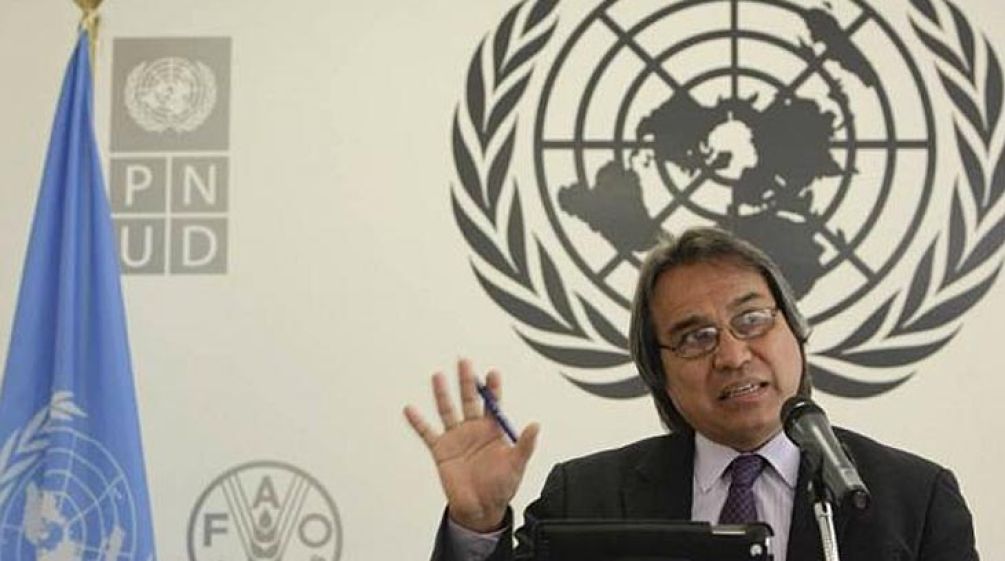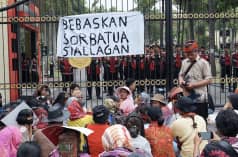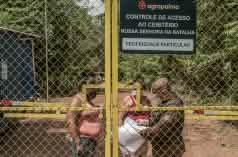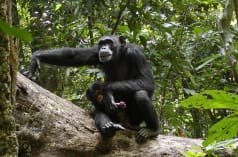Panama: UN expert calls for recognition of indigenous peoples’ rights

Jul 30, 2013
The United Nations Special Rapporteur on the Rights of Indigenous Peoples, James Anaya, concluded his official visit to Panama today. In his final statement, Mr. Anaya stated that indigenous peoples of the country are calling for greater recognition and protection of their territories and natural resources.
During his visit, the Special Rapporteur also heard indigenous peoples throughout the country express concerns regarding a lack of respect and deference by State authorities towards decisions by indigenous authorities.
Mr. Anaya noted that "...it is necessary to consolidate and implement State public policies in favor of the rights of indigenous peoples in a manner that is coherent with international standards." The Special Rapporteur also stated that "... an important advancement for the recognition of the rights of indigenous peoples would be the ratification of International Labour Organization Convention No. 169 concerning Indigenous and Tribal Peoples in Independent Countries. Panama is one of the few countries in Latin America that has not yet ratified the Convention. Convention No. 169 is an instrument that compliments the United Nations Declaration on the Rights of Indigenous Peoples, which was adopted in 2007 by the United Nations General Assembly with an affirmative vote by Panama."
Responding to the invitation of panamanian organisations with Rainforest Rescue and other international organisations (see http://ciel.org/Publications/BarroBlanco_Anaya_14Jun2013.pdf), on July 20, 2013, UN Special Rapporteur on the Rights of Indigenous Peoples James Anaya met with community representatives in the Ngäbe-Buglé territory in Panama to learn firsthand about the human rights threatened by the Barro Blanco hydroelectric dam. (www.rainforest-rescue.org/mailalert/872/help-the-ngobe-protect-their-rainforest).
See the full end-of-mission statement by the Special Rapporteur here (Spanish).
See media coverage










